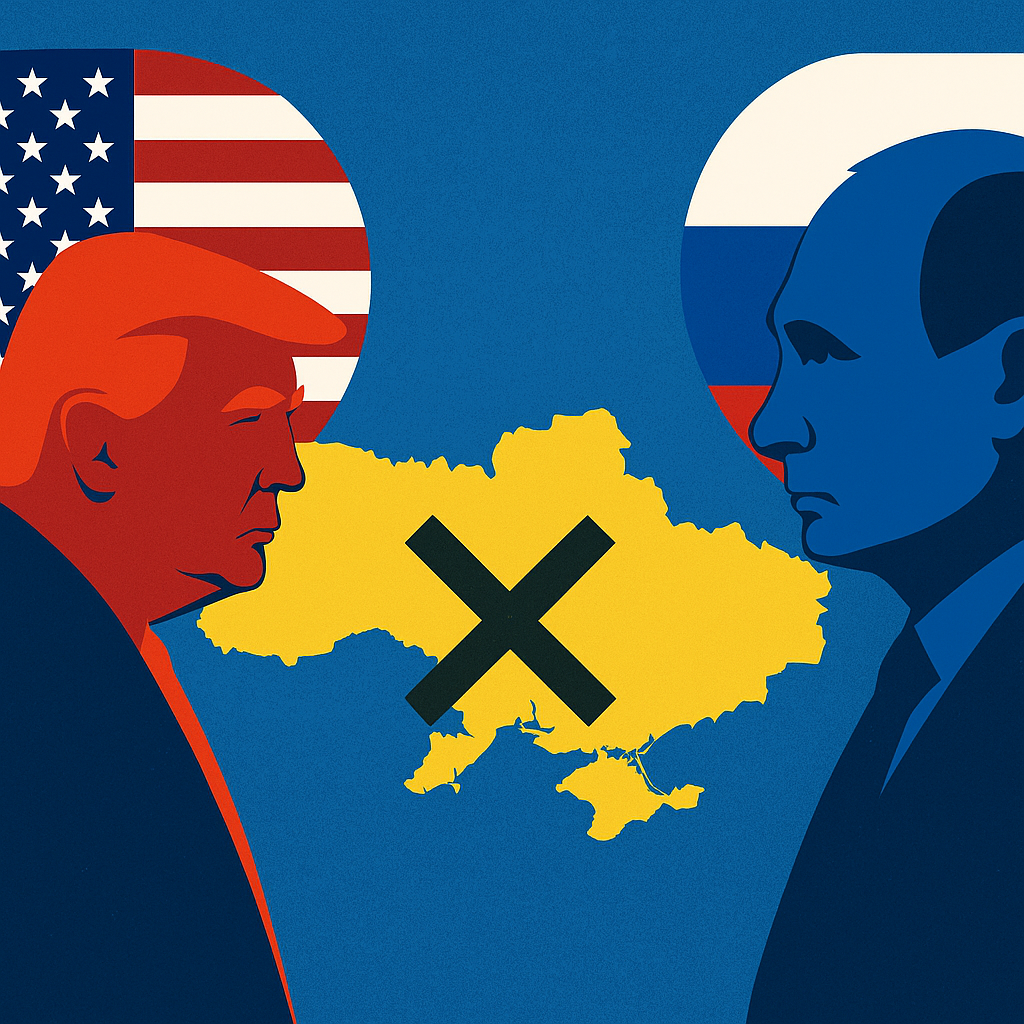European leaders have reaffirmed their commitment to Ukraine’s territorial integrity, rejecting any peace deal that would involve ceding land to Russia, after U.S. President Donald Trump suggested “some swapping of territory” as part of a potential settlement with Moscow.
In a joint statement, leaders from the European Commission, France, Italy, the UK, Poland, and Finland declared that “the current line of contact should be the starting point of negotiations” and that “international borders must not be changed by force.” The declaration came ahead of Trump’s planned August 15 meeting with Russian President Vladimir Putin in Alaska, which will take place without Ukrainian participation.
Ukrainian President Volodymyr Zelenskyy, concerned that the talks could decide his country’s future without its input, has urged European allies to oppose any agreement that compromises Ukraine’s sovereignty. Speaking on Saturday, Zelenskyy stressed that Ukrainians “will not gift their land to the occupier” and rejected Trump’s remarks about territorial exchanges.
Kyiv officials warn that any territorial concessions would legitimise Russia’s illegal annexation of Crimea and its occupation of parts of Donetsk, Luhansk, Kherson, and Zaporizhzhia. They also note that Ukrainian law does not allow the government to relinquish territory.
European capitals are seeking clarity on Washington’s stance, amid mixed signals from Trump’s administration, with differences reportedly emerging between Secretary of State Marco Rubio, U.S. special envoy Steve Witkoff, and the president himself.
Russian proposals, according to Ukrainian officials, would see the frontline frozen in southeastern Ukraine in exchange for Kyiv withdrawing from parts of Donetsk and Luhansk still under its control. Moscow continues to claim the entire Kherson and Zaporizhzhia regions, despite the fact that their capitals remain under Ukrainian administration.
European leaders insist that any peace settlement must include robust and credible security guarantees for Ukraine, ensuring the country can defend itself without restrictions on its armed forces or the support it receives from allies.
The Alaska meeting is being closely watched, with fears in Kyiv and European capitals that a rushed deal could embolden further Russian aggression and undermine the broader European security framework.








